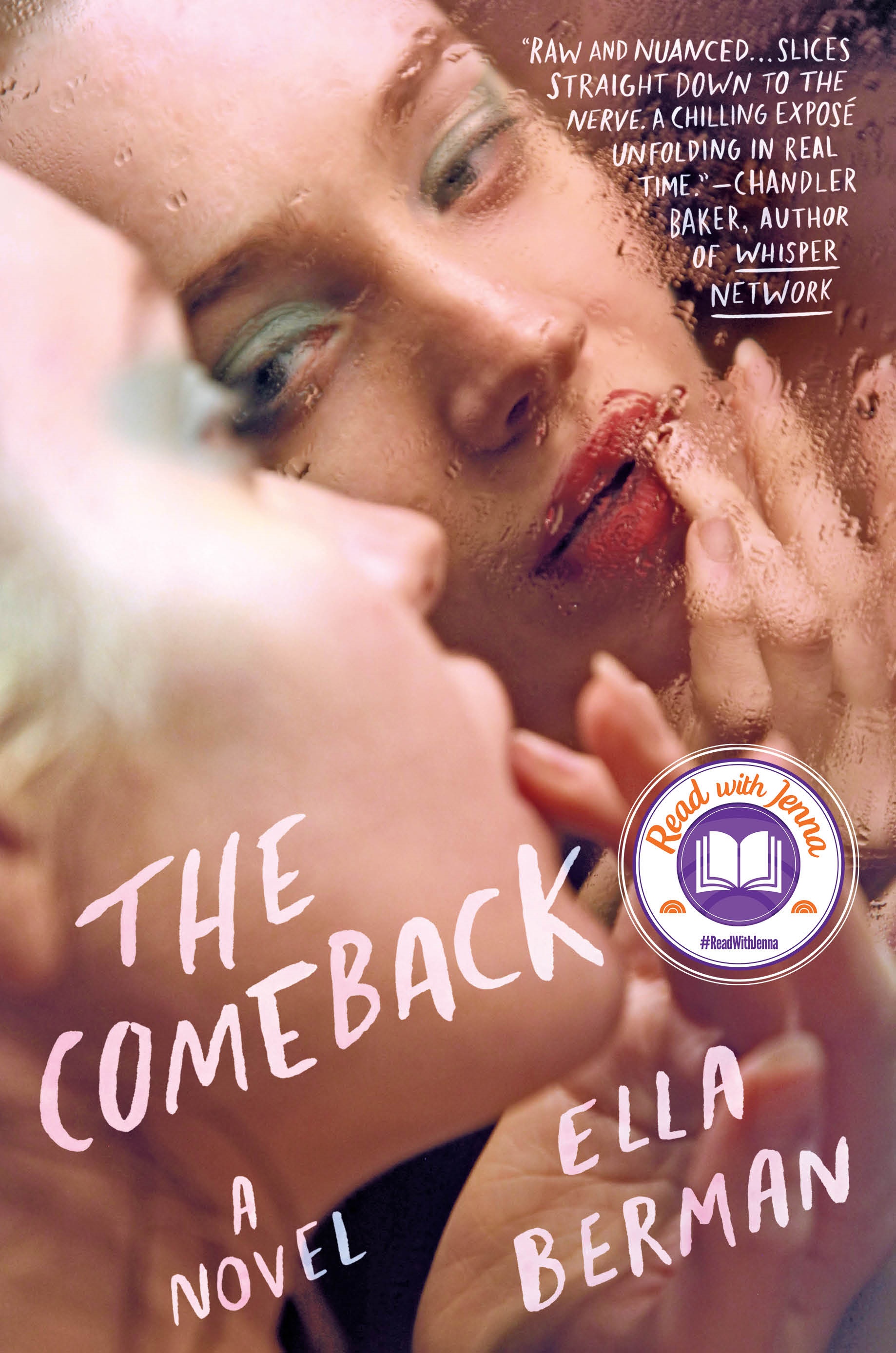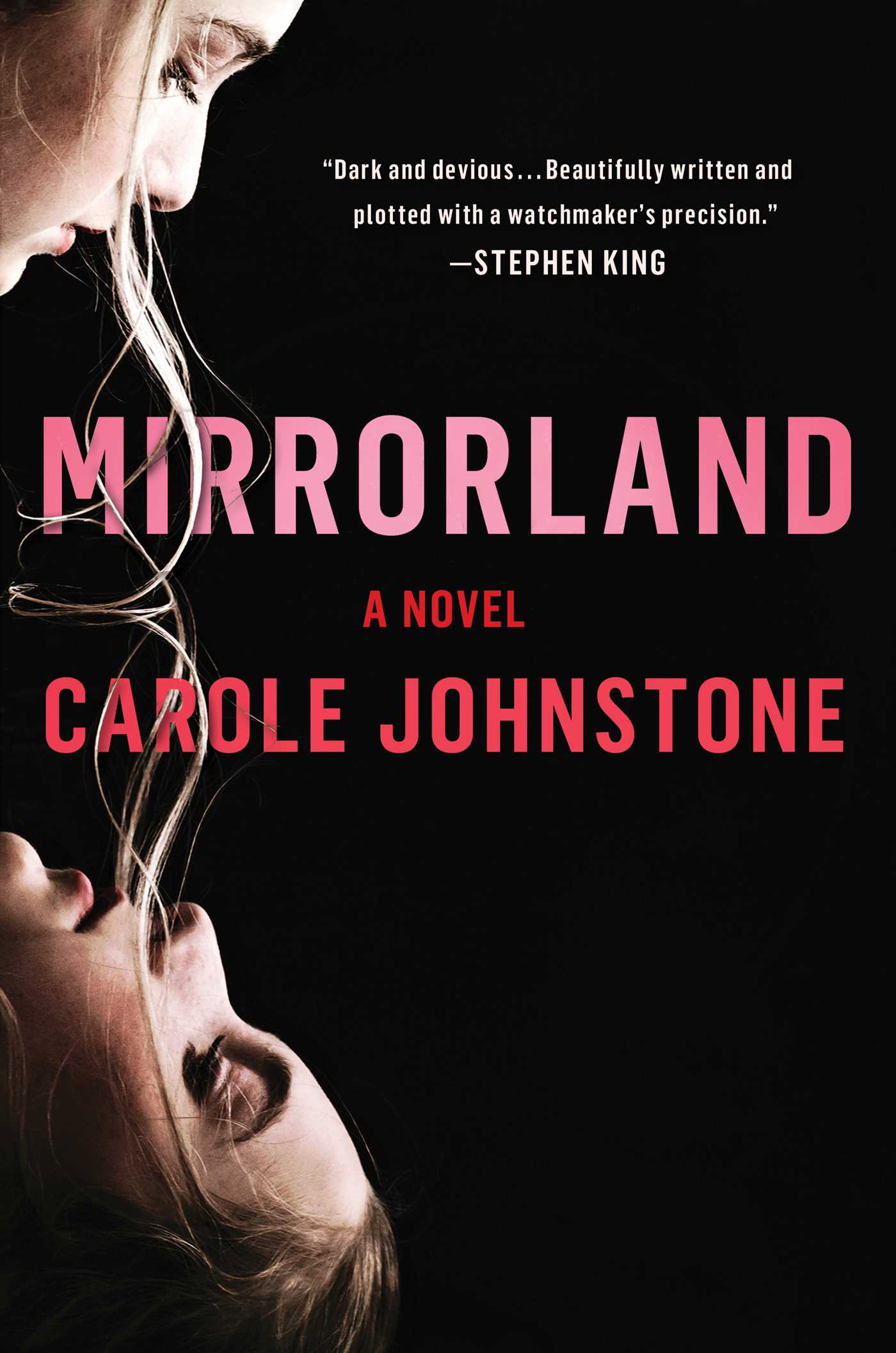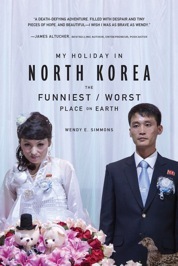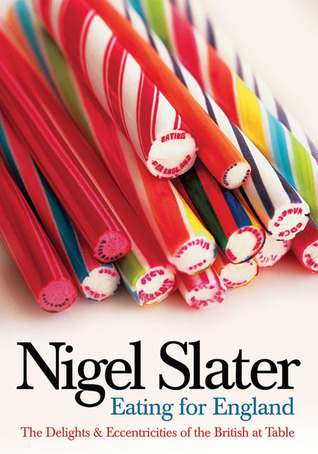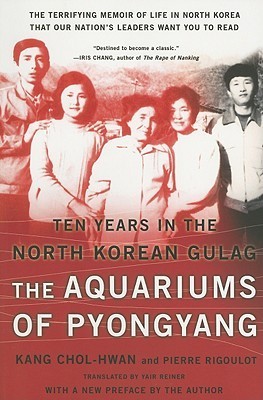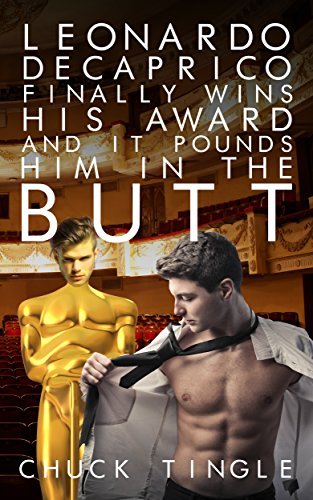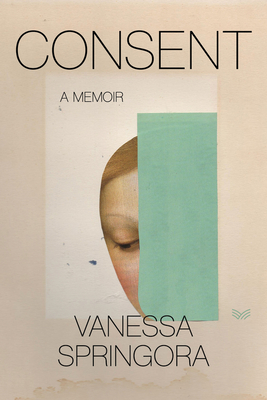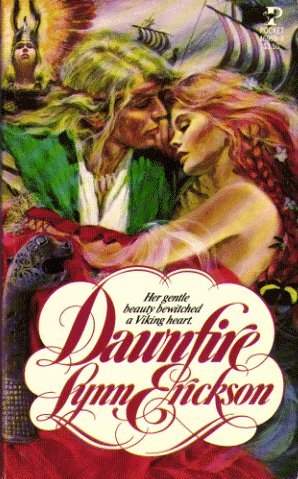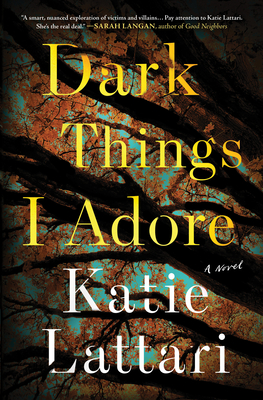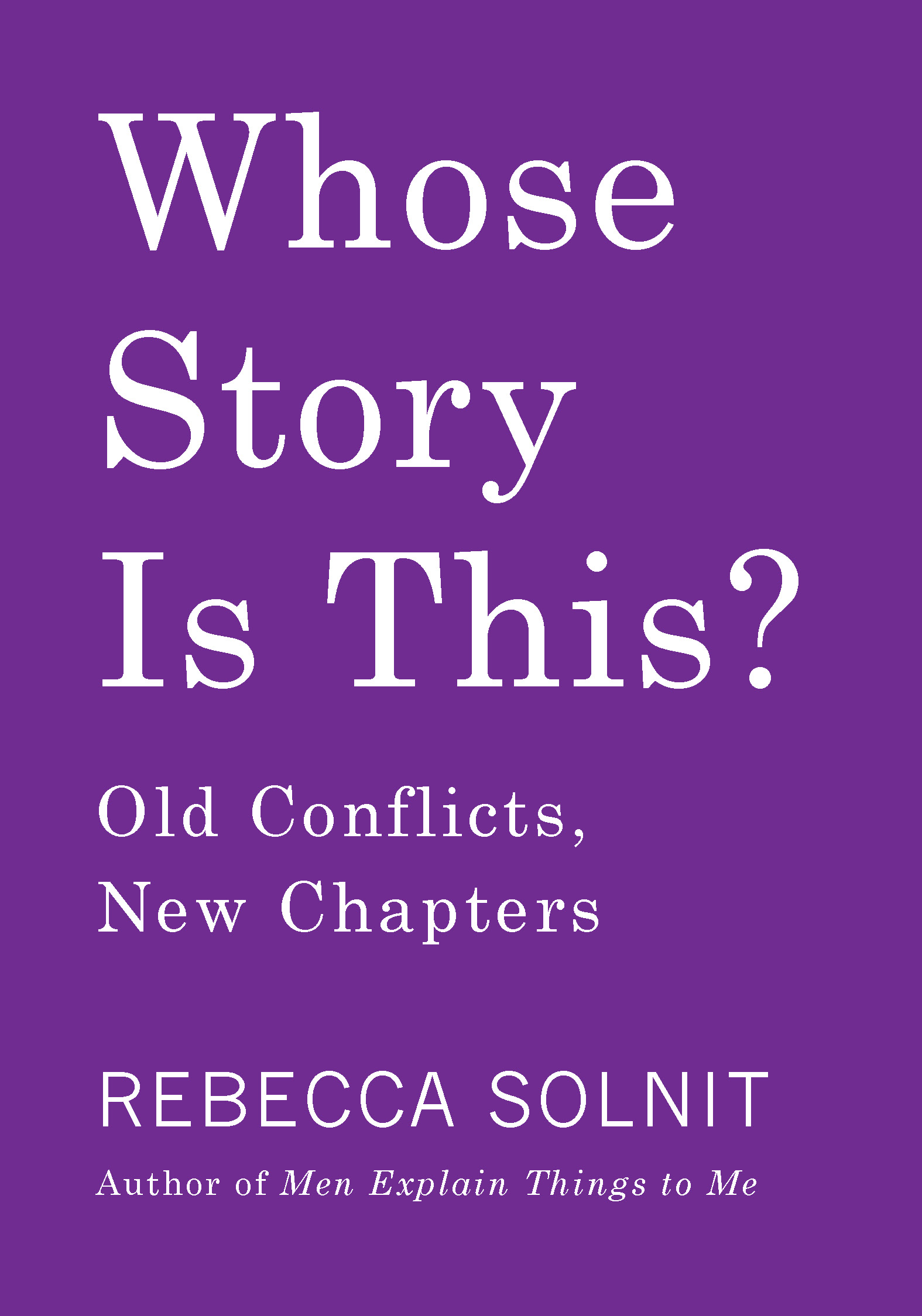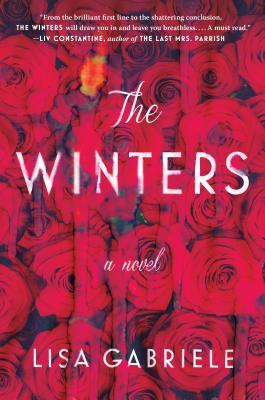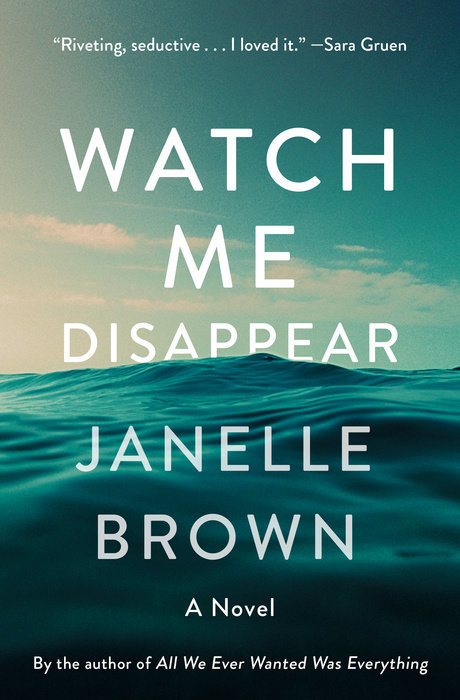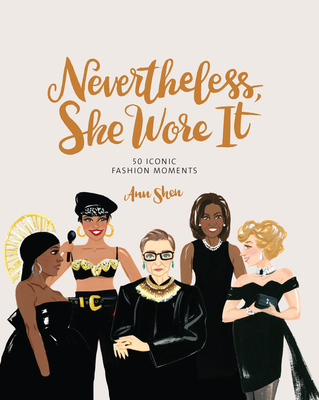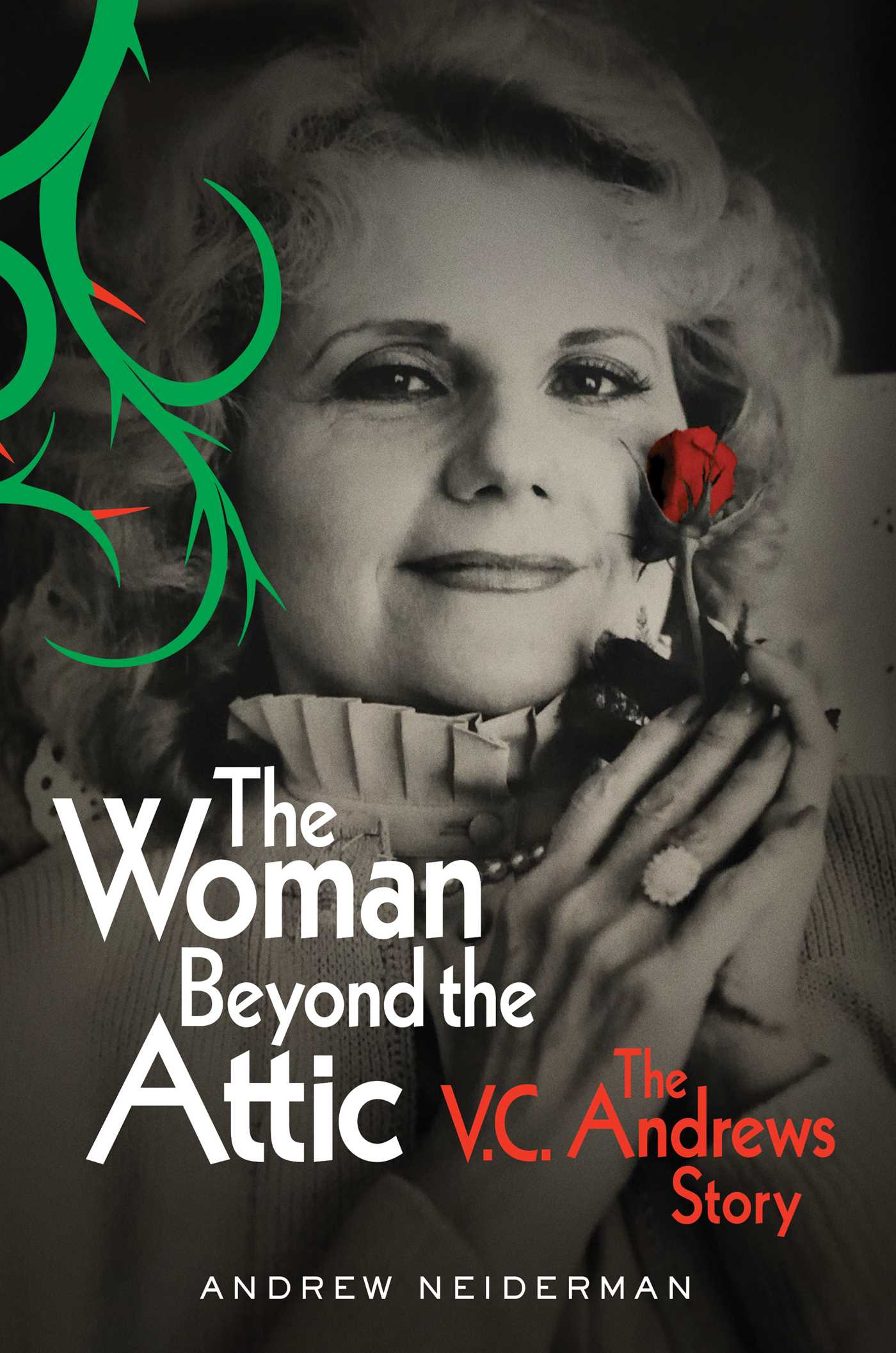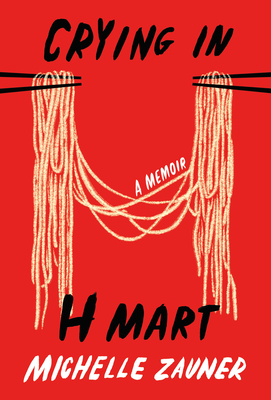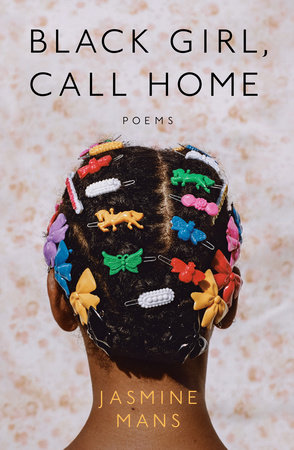I was a teenager in the aughts, when raunch/party culture was at its zenith, and this shaped me in some really negative ways. It gave me ideas about what it meant to be a girl versus what it meant to be a boy that were very problematic, that I internalized for many years. It also gave me issues, because I didn't embody any of those cultural attitudes, which made me feel like a social failure. So when I found out that FEMALE CHAUVINIST PIGS existed and was essentially an attempt to analyze party/raunch culture from a feminist lens and how it harmfully effects women (and, presumably, everyone), I was very interested. It seemed like a book destined to be a favorite.
It was not.
First, a caveat. This book is dated. It was published in 2005 and I knew that going in. I wasn't expecting the pop-culture references to be current, and I knew it might use some out-of-date language that would probably not be optimal today. And yet-- I was surprised at how problematic this book ended up being for me, personally.
I'm not even sure how I want to rate this because there were some essays that I really liked. The first essay, which I believe was titled Raunch Culture, was the best. It was a condemnation of Girls Gone Wild and celebrities like Paris Hilton and Hugh Hefner, and how the commodification of women causes everyone to lose, even if women are the ones buying and selling. This sort of socially acceptable objectification isn't progressive: it just sells the lie that making it public removes the barriers, when really, the issue is that women are still being reduced to objects but are now being encouraged to objectify themselves with the "boys" in a grotesque mockery of egalitarianism. This was the strongest essay in the book and gave me a misguided idea as to how much I would enjoy this work as a whole.
The third essay, the titular Female Chauvinist Pigs, felt, to me, like an entire essay that could have been an expansion of Gillian Flynn's infamous quote about "cool girls" from GONE GIRL: basically, a critique of women who pull up the ladder behind them, who excel at being a woman by being one of the boys-- but also still feminine enough to make it look attractive. In other words, an unfair an impossible dichotomy that makes both men and women (and everyone in between) look bad. But I also felt like these essays felt somewhat hypocritical because they seemed to be blaming women and not really examining the societal and infrastructural contexts that drive decision-making like these. The second essay, The Future That Never Was(?), could have just as well have been called "Pulling Up the Ladder" or "I Became a White Feminist to Piss Off My Second-Wave Feminist Mom." It felt like more blaming women for things that are already skewed by an extant patriarchal society and I didn't like that.
The essay I had the most trouble with was called From Womyn to Bois because it felt really TERFy. Levy seemed to be buying into the (mistaken and hurtful) idea that some FTM trans people become trans because they hate "being" women or, you know, just hate women in general. The idea of gender-fluidity also seemed very muddled and problematically portrayed here, because the focus of this essay was on people who identify as "bois," which I looked up and seems to mean anything from people who are gender-fluid and trans to women who are lesbian but like to present as masculine. For example, one of the people Levy interviewed said that they felt more comfortable living in a murk, which sounded, to me, like someone who is non-binary or gender-non-conforming. I felt like this was portrayed as this person being confused, but to me, it just sounded like someone who didn't like labels and was enjoying living their best non-conforming life. In this essay, she (Levy) also interviewed gay women who acted like f-boys, and the implication seemed to be that a lot of women use masculinity as an attempt to live out the trendy fantasy of being an immature jerk with no emotional responsibility. Top surgery was described as faddish and the way that transitioning was described here as a whole just felt incredibly problematic and transphobic. I hated this essay so much and it left such a sour taste in my mouth. Lumping queer women with pre-transitioned trans men felt... like a bad take. And I got kind of angry when she (Levy) was like, "Oh wow, isn't it weird that one of the founders of this lesbian group is a trans man?" (Not exact quote.) Like that wasn't allowed, or was somehow sus. Like I said, the language here felt really TERFy, or at the very least, similar to what TERFs use. I think trans people reading this chapter are going to feel very triggered and offended. It ages very, very poorly..
There's also an essay on how high school and middle school kids are being affected adversely by social media that forces them into a precocious sexual coming-of-age and this could have had merit if the essay weren't called "Pigs in Training" (ugh, why?). It felt very shaming and I didn't like this essay, either. I do agree with the author that sex education should start younger and kids should be taught at least a very basic idea of what sex is and how it relates to pleasure and consent, because otherwise they're going to turn to media for answers and media is often horrifically wrong. In the age of TikTok and fake news, I think that's even more the case now than it was back in 2005. But the way she talked about these girls having sex and mimicking pornographic acts made me very uncomfortable. It felt almost like she was mocking these girls and that, paired with the title, felt like she was blaming these girls for trying to fit in with what a sexist society was demanding of them. It felt different from the way she described the male teen she interviewed. From the quotes she used, I felt like Levy was almost going out of her way to make these girls look vain and foolish, to cherry-pick the conclusions she wanted, kind of like how the "bois" she interviewed were all flaky and sexist.
There's an essay on Sex and the City that I wasn't interested in at all, even though it does circle back to the sexuality as consumerism theme. It wasn't a bad essay, but after two essays that really bothered me, I was less inclined to agree with the author. FEMALE CHAUVINIST PIGS had such a strong beginning, and I think if this had been an essay holding raunch culture accountable and really emphasizing the idea of women as products, it could have been a really good essay. Nowadays, an essay such as this would probably tie into incel culture (if women are products, what happens if someone is unable to "obtain" what they feel that they are entitled to), rape culture, and the hyper-sexualization of women as video game and anime characters, or by social media personalities who gamify callbacks to these easily accessible stereotypes (like Belle Delphine).
One last thing I had an issue with was that the author compares women taking on masculine attributes to get ahead to Uncle Tom w/r/t Black stereotypes equaling likability from white people. She quickly doubles back and says that obviously stereotypes rooted in slavery and generations of inequality aren't quite equivalent to sexism and that of course Black women exist, too, but then there's virtually no mention of how women of color are sexualized or eroticized, and I'm pretty sure that was happening a lot in rap music videos at this time (not to mention the magazines peppered with microaggressions or overtly macro aggressions with how women of color and especially Black and Latina women were described in pop culture). I get what she was trying to do with this comparison-- and other feminists have used it before (I believe Gloria Steinem was one of these), but it's just another example of how this book comes across as a little short-sighted and problematic.
I thought about giving this book a rounded-up three but as I'm listing out all of my issues with this book, I'm thinking more of a 1.5 or a 2. There were some good points buried in here and the first essay is exceptionally strong, but it all quickly goes downhill from there.
1.5 out of 5 stars

